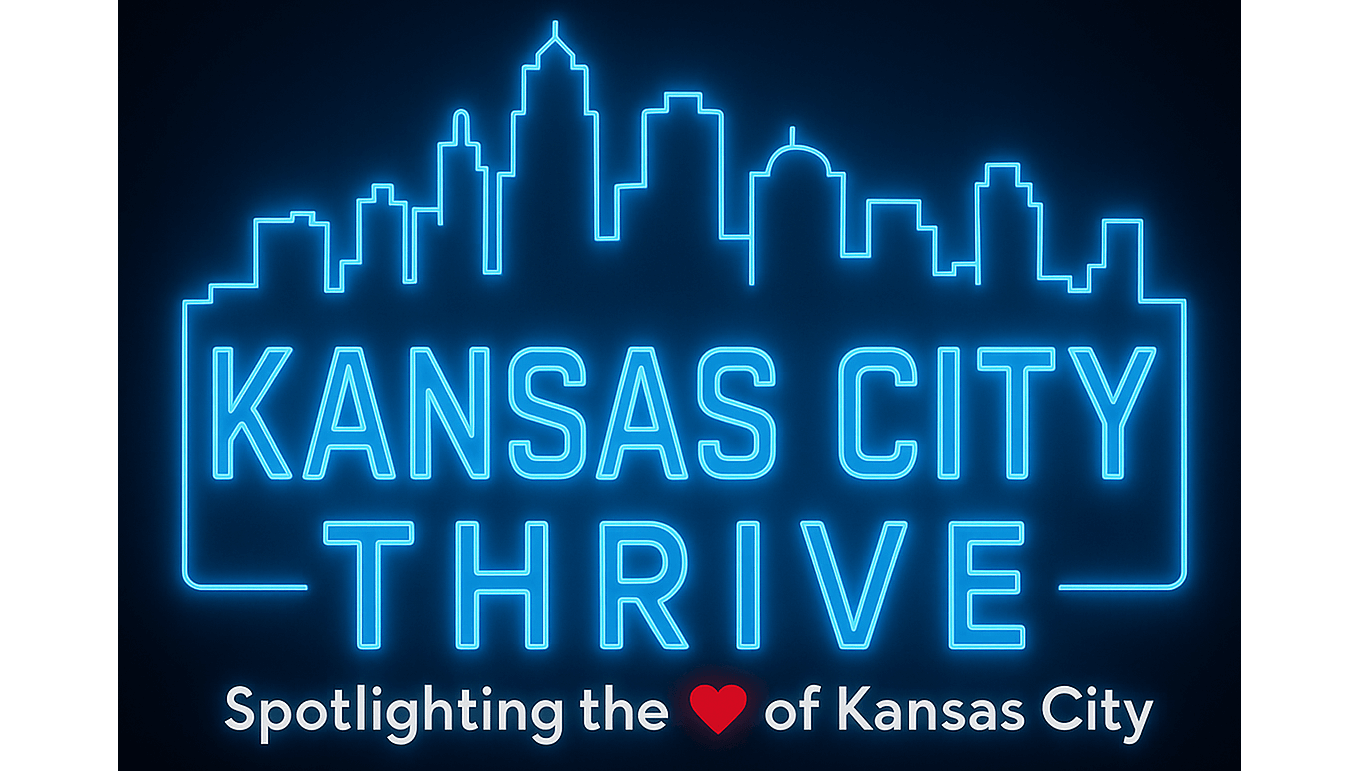
Understanding the Proposed $200 Million Budget Cuts in Kansas
Kansas House Speaker Dan Hawkins has sparked a significant conversation in Topeka with his ambitious initiative to slash $200 million from the state budget. This proposal predominantly targets the Medicaid program, which provides essential healthcare services to nearly 443,000 low-income adults and children. As residents of Kansas City observe these developments, the implications of such cuts could resonate deeply within our community, affecting a vulnerable population.
Historical Perspective: The Medicaid Landscape in Kansas
Medicaid has been a pivotal program in supporting the health of low-income families across Kansas, especially in rural areas where healthcare options may be scarce. Under Governor Laura Kelly’s administration, a notable effort has been made to expand Medicaid eligibility, aiming to cover more residents in need. In contrast, Hawkins' proposal could reverse years of progress, raising critical concerns about healthcare accessibility.
Budget Cuts: A Political Tug-of-War
The debate over state budgets often reflects broader political ideologies. Speaker Hawkins has highlighted what he deems excessive spending during Governor Kelly's tenure, claiming a 60% increase in state expenses since she took office. His criticism comes amidst a Republican-led initiative to consolidate the budget process, but it raises important questions about fiscal responsibility versus support for essential services.
Impact on Local Community Services
For local businesses and residents, the proposed cuts may not just be a fiscal issue but a community health crisis. Cuts to Medicaid could lead to increased strain on local health services, particularly in rural towns where hospitals already face financial pressures. Such changes could lead to higher uninsured rates, affecting local clinics and emergency services — a point that Governor Kelly emphasizes in her defense of the current health programs.
Voices from the Community: What Do Kansans Want?
As the state assesses these budget cuts, it’s vital to listen to the community. Local residents often prioritize accessible healthcare, educational funding, and economic investment. The stark opposition from Governor Kelly’s administration underscores a divide in how Kansas leaders perceive their constituents’ needs. By engaging in open dialogue, Kansans can better articulate their priorities, ensuring that state decisions reflect the community's core values.
Future Predictions: What Lies Ahead?
The upcoming legislative session in 2026 is positioned to be one of critical importance as the state navigates these proposed budget cuts. If the cuts proceed, we may observe a ripple effect impacting not only healthcare but also the economic development initiatives championed by Governor Kelly and others. The need for continued advocacy for local services becomes essential as every stakeholder feels the consequences of these financial decisions.
Call to Action: Your Story Matters!
As Kansas City continues to grow and evolve, every voice helps shape the future of our community. If you have a personal story related to healthcare access, local services, or state budget impacts, we’d love to hear from you. Contact us via email at team@kansascitythrive.com to share your experiences and insights!
 Add Row
Add Row  Add
Add 





Write A Comment